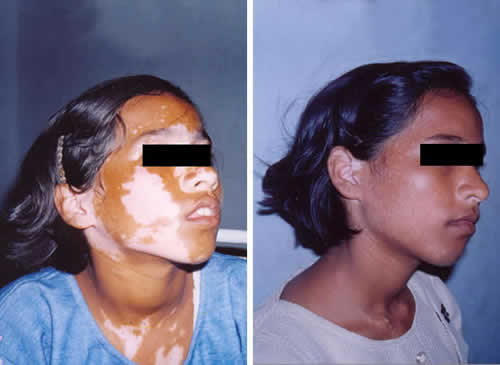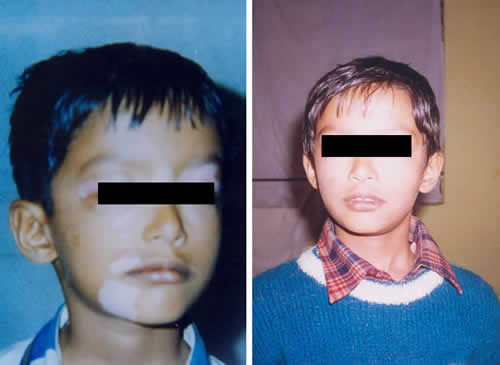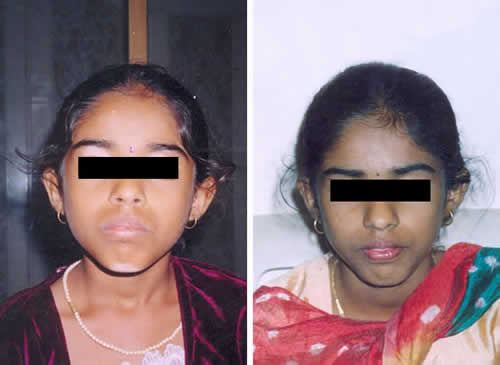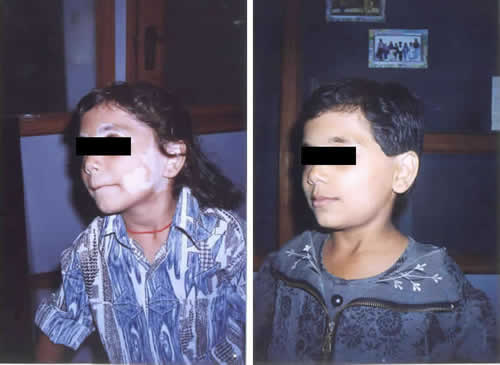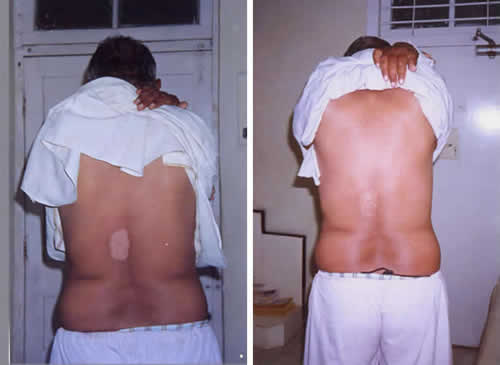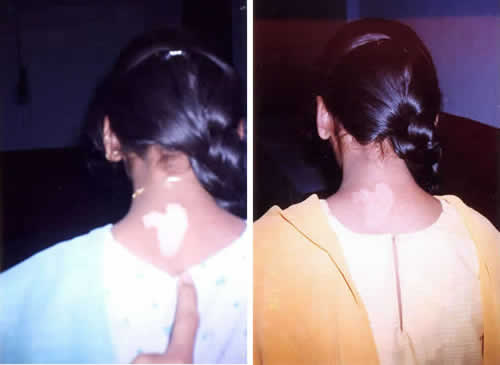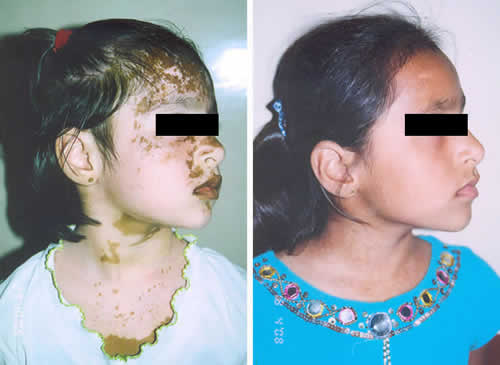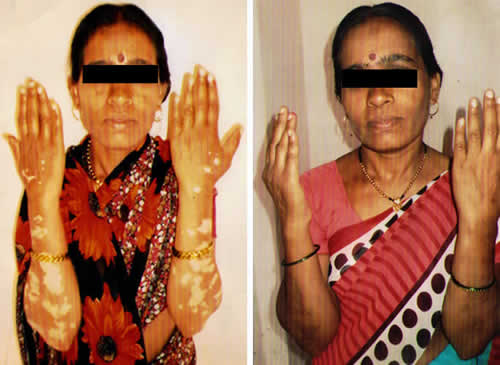Typhoid
Typhoid or typhoid is serious and customary infection (in several countries) caused by the gram-negative bacilli Salmonella typhi and is characterised by sustained fever, abdominal pain, and a rash.
Causes :
Contamination of food product and water provides with infected excreta causes widespread infections. Flies will unfold the infection directly from stool to foods. typhoid fever} could be a water and food borne disease. Poor additionally as developing countries like Asian countries (India, Pakistan, Shri Lanka, Bangladesh), African countries have typhoid as a serious health menace.
Symptoms :
The symptoms of enteric fever begin 7-14 days once intense food or drinks contaminated with the Salmonella typhi bacterium. Untreated typhoid fever runs a course having four classical stages every lasting for a couple of week.
-
- Fever with headache, malaise, comparatively slow heart beats and cough.
- There is also abdominal pain and episodes of haemorrhage from the nose.
Into the second week of untreated infection, symptoms seen are :
-
- Fever hovers around 40°C (104°F) with comparatively low pulse.
- The abdomen appears puffy, distended and painful within the right lower quadrant. The gut sounds ar loud and sonic.
- Minute 'rose-colored' efflorescence over the lower chest and higher abdomen, occur in nearly five hundredth of cases and last for three to five days.
- The person might seem to be in an exceedingly delirious state, perpetually muttering to himself or choosing at the bed-sheets.
- Diarrhea might occur during this stage. Around five to eight diarrhoeal stools, greenish, and looking out like pea-soup ar seen. However, constipation is additional ordinarily seen.
- Joint pains is also gift.
- The liver and spleen could appear enlarged.
- Intestinal perforation ' perforation of the walls of intestine is critical.
- Bleeding into the intestines
- Spread of the infection to the brain via the blood inflicting inflammation of the brain.
- Inflammation of the gall-bladder, heart muscles; infections within the bones, and formation of abscesses inside different vital internal organs.
The third week of untreated typhoid fever will gift with critical emergencies:
Diagnosis :
Important changes seen in laboratory investigations are:
-
- Complete Blood Count:
- Reduction within the total variety of white blood cells (leucopenia) and eosinophils
- Increased variety of and lymphocytes.
- Blood Cultures: cultures return positive within the first and second weeks of infection.
- Widal Test: This take a look at is negative within the first week and powerfully positive from the second week of infection.
- Liver perform Tests: from the second week forrader, the liver transaminases seem to be elevated.
In the 1st week of infection the blood counts can show
Treatment :
Typhoid, timely treated, isn't fatal. Vaccinations to stop its occurrences and therefore the use of broad spectrum antibiotics (chloramphenicol, ampicillin, trimethoprim-sulfamethoxazole, and ciprofloxacin) have bated the suffering in enteric fever.
For person's World Health Organization develop complications like perforation within the enteral walls, surgical repair is indicated.
Homeopathy in enteric fevers :
Homeopathy works for typhoid. we've documented many cases of made cure of typhoid. However, the treatment is slower than the standard antibiotics. We, at elan vital, don't suggest medical aid for acute cases of typhoid.
The Root Cause of Autoimmune Disease
It is our mission to provide each patient the best care in a kind, honest and compassionate manner.”

